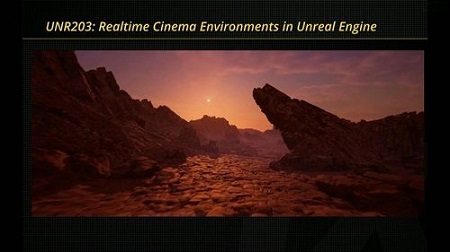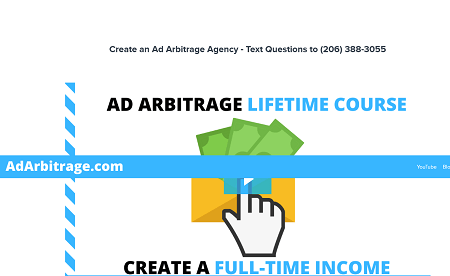Fxphd – Realtime Cinema Environments in Unreal Engine

Fxphd – Realtime Cinema Environments in Unreal Engine
MP4 | Video: h264, yuv420p, 1920×1080 | Audio: aac, 44100 Hz | Duration: 5h 35m | 3.76 GB
Genre: eLearning | Language: English
This course covers how to create a highly detailed photoreal real-time environment using World Creator, Quixel Bridge, and Unreal Engine 5.
Class 1: Overview
Overview of course materials, introduction to objectives and goals for creating the 3d environment and introduction to Unreal Engine. In the first class, we will open the final scene and learn the basic UI and commands of Unreal Engine so that we can navigate the scene, transform and add or remove static mesh geometry and modify individual objects.
Class 2: World Creator
Learn how to create a UE4/5 compatible terrain “landscape” which will plug into the UE landscape system used for open-world games and large scale VFX environments several KM in size in World Creator (a GPU-accelerated terrain generation software). Using reference imagery of Mars we will generate terrain in World Creator and then export it ready to use in Unreal Engine.
Class 3: Landscape System
Creation of our landscape system. We will attach a landscape material to the terrain and plug in “splat maps” exported from World Creator to make erosion and material masks on our landscape surface.
Class 4: Nanite Enabled Meshes
We cover in detail how to import and correctly use “Nanite” enabled meshes from the Quixel Megascans asset library. We will see how Nanite geometry works, and talk about some production tips on how to create and manage Nanite assets that are either photogrammetry scans, hard surface models or high resolution ZBrush sculpt exports.
Class 5: Materials and Textures
A look at how to set up materials and use textures in Unreal Engine for assets. We will create several different materials and adjust their properties, look at how to color correct and control the attributes of Quixel Bridge materials imported into UE5.
Class 6: Sky & Atmosphere
Setting up the Unreal Sky Atmosphere system to create a cloud system, atmosphere and link it to a sunlight system. We will learn how to adjust the atmosphere colour, density and the sun and skylight to achieve the photoreal lighting effects for our sequence.
Class 7: Lighting
A look at the Lumen Realtime Global Illumination Engine and how it can be used in artistic ways to create amazing new lighting setups in a cave scene in UE5.
Class 8: Camera
Using the UE5 Cinematic Camera, based on a real-world ALEXA 65 digital cinema camera with Cine Prime lenses. We will set up the depth of field, exposure, lens flare effects and other Cinematic Camera effects for our shots.
Class 9: Using Sequencer
Learn how to create a “Master Sequence” and use Sequencer, the Unreal engine tool for animation and recording of in-engine cinematics. We will animate our cameras and geometry to create several shots ready for color grading and export.
Class 10: Final Touches
Using the Filmic Curve and Color Grading tools in the post process volume. We will also learn how to achieve high-quality Cinematic Rendering and export from UE5 and the render settings inside the Sequencer to produce the highest quality results.
Homepage
https://www.fxphd.com/details/644/





